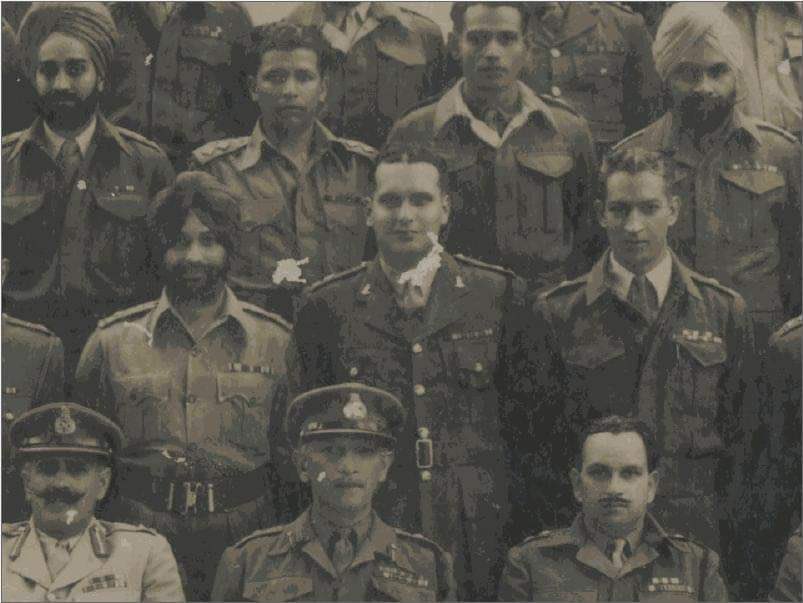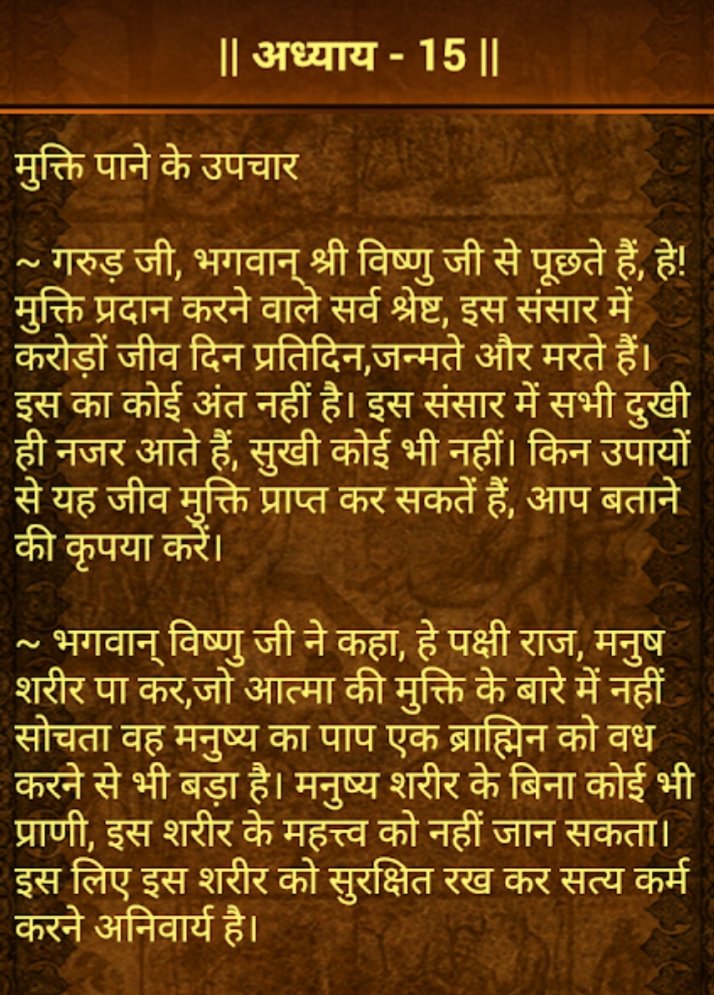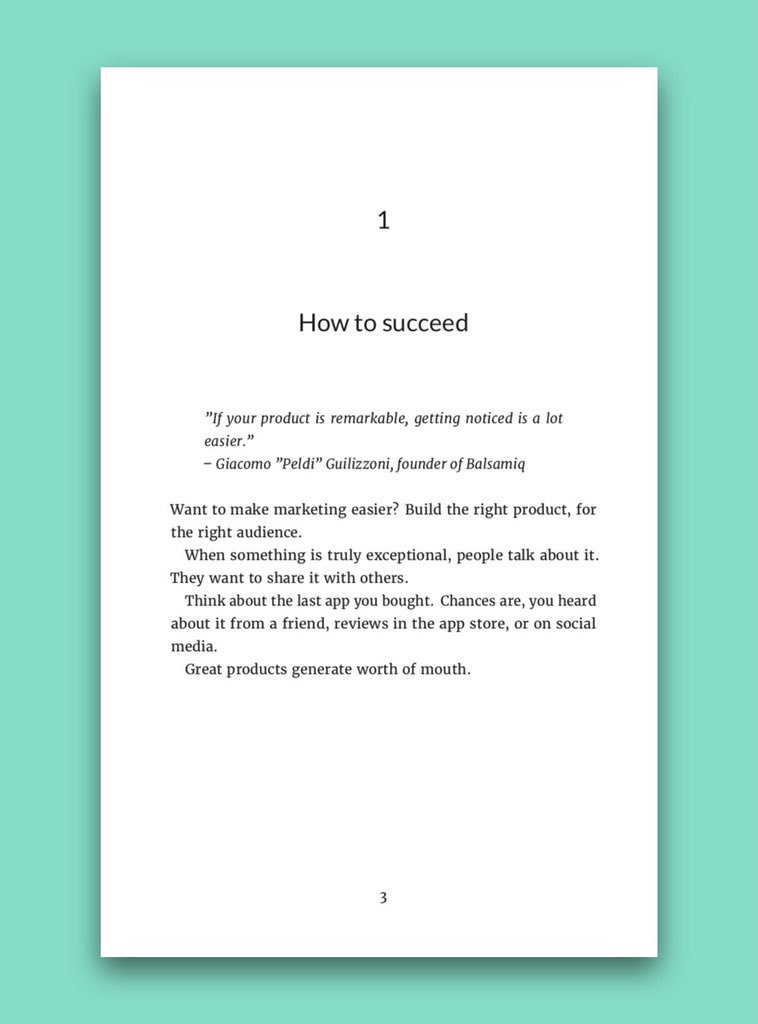(THREAD) The main problem with that @DanDrezner piece in the Post is that it's an international politics prof writing about the field in which I'm a professor—communications. No one in communications would *ever* compare the blogosphere to either Twitter or Substack. Here's why.
I still find that problematic in many ways.
More from Seth Abramson
New reports show more and more evidence Michael Flynn ran a collusion channel to Russia for Trump's campaign https://t.co/upgnbTAkAh pic.twitter.com/6LNtrXaSf7
— Jonathan Chait (@jonathanchait) October 20, 2018
2/ Trump had two opportunities to formally name Flynn and his co-conspirator Erik Prince to his NatSec team during the 2016 campaign—he declined to do so *both times*. In the criminal justice system this is evidence of consciousness of guilt. Trump knew what these men were doing.
3/ That Trump sought out Flynn—not the other way around—in August '15, and began using him as his chief NatSec adviser right away, but never put him on his National Security Advisory Committee is critical evidence that Flynn was working on projects that had to be "off the books."
More from Politics
You May Also Like
Like company moats, your personal moat should be a competitive advantage that is not only durable—it should also compound over time.
Characteristics of a personal moat below:
I'm increasingly interested in the idea of "personal moats" in the context of careers.
— Erik Torenberg (@eriktorenberg) November 22, 2018
Moats should be:
- Hard to learn and hard to do (but perhaps easier for you)
- Skills that are rare and valuable
- Legible
- Compounding over time
- Unique to your own talents & interests https://t.co/bB3k1YcH5b
2/ Like a company moat, you want to build career capital while you sleep.
As Andrew Chen noted:
People talk about \u201cpassive income\u201d a lot but not about \u201cpassive social capital\u201d or \u201cpassive networking\u201d or \u201cpassive knowledge gaining\u201d but that\u2019s what you can architect if you have a thing and it grows over time without intensive constant effort to sustain it
— Andrew Chen (@andrewchen) November 22, 2018
3/ You don’t want to build a competitive advantage that is fleeting or that will get commoditized
Things that might get commoditized over time (some longer than
Things that look like moats but likely aren\u2019t or may fade:
— Erik Torenberg (@eriktorenberg) November 22, 2018
- Proprietary networks
- Being something other than one of the best at any tournament style-game
- Many "awards"
- Twitter followers or general reach without "respect"
- Anything that depends on information asymmetry https://t.co/abjxesVIh9
4/ Before the arrival of recorded music, what used to be scarce was the actual music itself — required an in-person artist.
After recorded music, the music itself became abundant and what became scarce was curation, distribution, and self space.
5/ Similarly, in careers, what used to be (more) scarce were things like ideas, money, and exclusive relationships.
In the internet economy, what has become scarce are things like specific knowledge, rare & valuable skills, and great reputations.





















